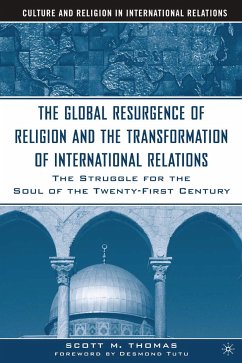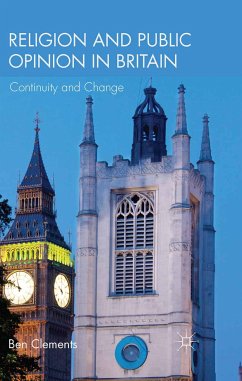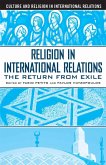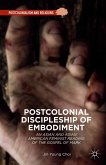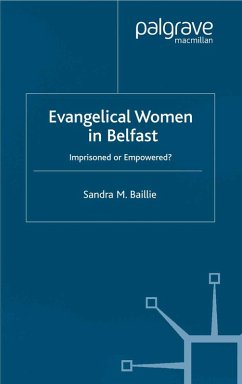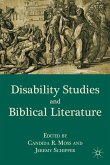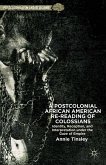Dieser Download kann aus rechtlichen Gründen nur mit Rechnungsadresse in A, B, BG, CY, CZ, D, DK, EW, E, FIN, F, GR, HR, H, IRL, I, LT, L, LR, M, NL, PL, P, R, S, SLO, SK ausgeliefert werden.
Peace Laureate
'Scott Thomas' work should be read not only by scholars interested in international relations and development, but also by leaders in civil society - in the NGO's, in the corporations, and in the churches. We neglect religious factors in contemporary history to our great peril. One may quibble with his treatment of certain theorists of "modernity," but he sees key global trends clearly, and argues artfully for policies could correct today's intellectual and moral blinders.' - Max L. Stackhouse, Rimmer and Ruth DeVries Professor of Theology and Public Life, Princeton Theological Seminary, Author/editor of the series, God and Globalization
'Post Cold War and post 9/11 politics have witnessed the global resurgence of religion, nationalism and ethnic identity and underscored the failure of international relations theory to anticipate and adequately address the role of religion and culture. Scott Thomas' The Global Resurgence of Religion and the Transformation of International Relations is a powerful corrective, demonstrating how and why religion and culture are significant forces world politics that have transformed our understanding of IR theory.' -John L. Esposito, University Professor, Georgetown University and author of Unholy War: Terror in the Name of Islam
'The Global Resurgence of Religion is a vital topic on which mainstream international relations research has been oddly silent. In clear and measured prose Scott Thomas explicates the reason for our intellectual failures and develops an original, eclectic perspective that gives new relevance to the constructivist turn in international relations theory. More importantly, Thomas succeeds in illustrating empirically how and why religion matters in world politics. For those interested in regaining their voice on a crucial topic in world politics this book is essential reading.' -Peter J. Katzenstein, Walter S. Carpenter Professor, Jr. of International Studies, Cornell University
'To the surprise of most academics and many politicians, religion has become one of the most dynamic forces in 21st century world politics. Scott Thomas's insightful analysis of this phenomenon fills a gaping hole in international relations theory and should help policy-makers and thoughtful citizens alike think more clearly about the ways in which profound religious and moral convictions can help build a measure of order in world affairs.' -George Weigel, Senior Fellow, Ethics and Public Policy Center

